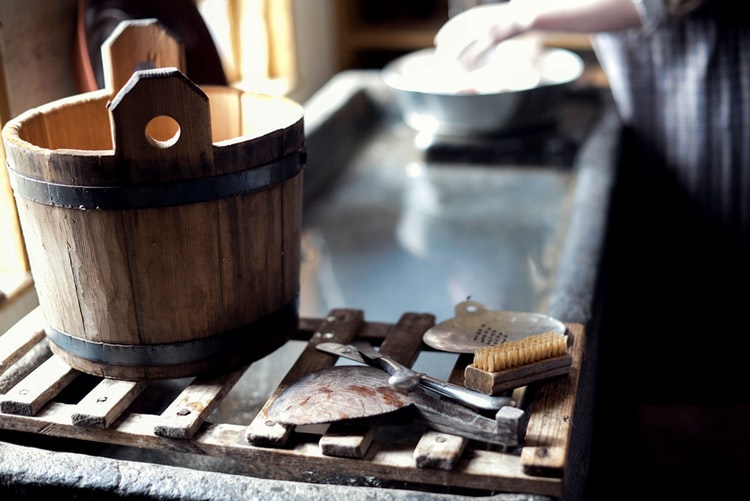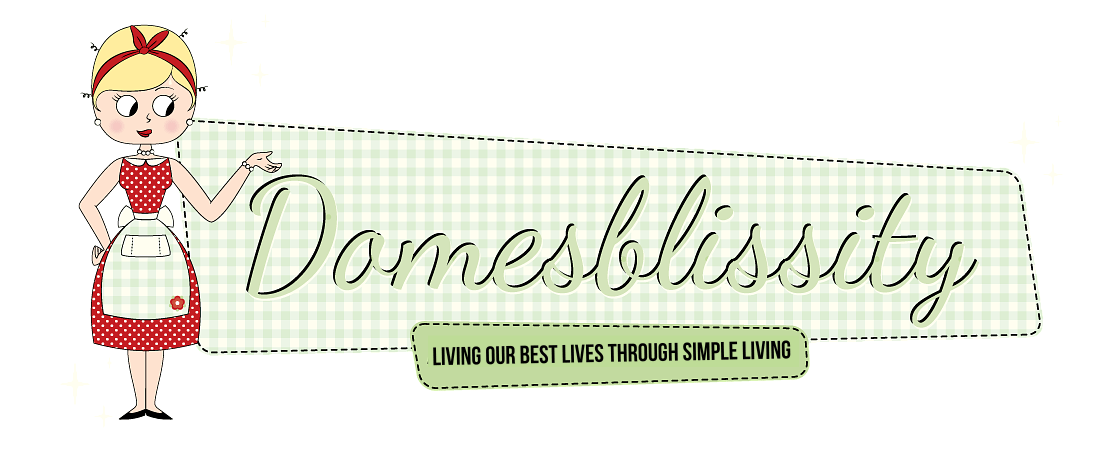It’s March 2020 and the World Health Organisation (WHO) has officially declared a pandemic. I’ve never lived through one before but I was raised by someone who was a child during World War II and her mother, a child in World War I. If nothing else, they taught me how to live a rich life with very little money. Times are certainly different now and there are real threats to your health but here are 11 ways to survive a pandemic in the 21st century.

What is a pandemic?
A pandemic is a disease that has infected many people across many continents or worldwide. Previous such pandemics include the Spanish Flu of the early 19th century and the most recent Coronavirus disease (or otherwise known as COVID-19).
Although I’ve had a few cases of the influenza virus in my lifetime, I’ve not yet (and hope not to be) infected by this latest outbreak by taking precautions as issued by the health professionals.
I believe there are many other people who haven’t lived through a pandemic either and it has caused quite a panic throughout the world which, as hard as it might be, can be avoided if we follow the advice given and remain calm.
How to survive a pandemic
I don’t have a medical degree so can’t advise on the health implications of being infected by the disease (and will continue to listen to the advice given by the health professionals) but what I do know is how to live when supplies like normal household groceries are limited, how to save money on large purchases for now and how to make do.
This was taught to me by my mother and grandmothers from a very young age and how I’ve continued to live my life. I never go without. Even during really hard times when I’ve only had $20 to buy groceries for myself and my children for the week, I’ve managed.
It’s certainly a great habit to get into all the time. This is how you can have extra money for those luxury purchases, vacations and have money saved in the bank for emergencies.
It’s how you can survive any natural disaster or pandemic, which we are living through now.
Here are my 11 ways to survive a pandemic in the 21st century.
Shop Smart, Eat Well
This is the grocery shopping method I created as a result of what my mother and grandmothers taught me.
It’s all about running your kitchen like a restaurant. That is, you have a menu of the most popular meals you and your family eat for breakfast, lunch and dinner (including snacks and other grocery items) and you write out what ingredients you need to make those meals.
When you run out of an ingredient, you write it on your shopping list. You are only ever topping up those standard grocery items you will need week in, week out.
This also includes all your toiletries, laundry detergents, personal items and other grocery items you would normally buy from the supermarket.
Don’t worry about not having enough variety. With a well stocked pantry, you can create a variation of all those meals you make on a regular basis.
Buy only what you need
There have been many reports, all over the world, of people stockpiling since the pandemic was announced. This has made it very difficult for people who may be physically impaired or elderly to buy the basics.

Over buying right now isn’t helping anyone. There’s no need. If you think back to the times of World War I or II, when rations were in place, you weren’t allowed any more than what was available for everyone to have something.
This was when women around the world became ingenious at creating recipes using otherwise unheard of ingredients to help make do and feed their families.
They would use grated carrot to make a mock Apricot Pie or leftover mashed potato to make pastry, for example.
We’ve lived in such abundant times for so long and taken so many things for granted that it’s hard for some people to think they might have to go without some of their usual products and make do using something else.

Okay, so I’m sort of half joking about the straw, leaves, sticks and rocks but in prehistoric days, this is what was used. Remember, not to flush anything but toilet paper down a conventional toilet.
Lengthen periods between shops
Depending on the instructions given by health professionals, you may have to stay in and if online grocery shopping isn’t available, this is the time when you have to become resourceful and making what you’ve got last or using substitutes for dishes you would normally make.

Make your own cleaning products and other household items you would normally buy. There are recipes on the internet for everything from hand sanitiser to dishwashing liquid using common ingredients found in your home.
Contact your bank
If you have a mortgage, credit card or personal loan payments to make, contact your bank to negotiate a deferment on payments.
I’m not saying that all banks will be agreeable to this but under the current circumstances, they may be able to offer some kind of deferment or reduced payments.
With so many of us losing our jobs due to self isolation or not being able to work, income will be limited and you’ll need to keep some money available for emergencies.
Make do with what you’ve got
Think of those grocery items you normally have more than one of. If you run out, think of what you could use instead.
For example, plastic wrap. If you run out, put what you want to wrap in a container or a bowl with a plate over the top. I can remember my grandmother not having a bit of plastic wrap in her house. She saved jars, plastic containers from ice cream and butter and reused them for everything.
If she didn’t have anything suitable, she put whatever it was into a bowl with a plate over the top and into the fridge.
Cook more from scratch
Something as simple as a loaf of bread may be hard to get right now. Think of other bread like products that you could make instead from simple flours.
It may not be the ideal time to whip up your favourite cake filled with fresh fruit, cream and butter cream but think of the ingredients you have that will make something substantial and filling for your family.
Check out my baking recipes for inspiration.
Nearly all fruits and vegetables, in whatever form, can be baked into a sweat treat.
Not all meals have to be a 3 course banquet. Remember, keeping food in it’s simplest form will always taste best. Whatever ingredients you do have, search on Google for a suitable recipe.
I usually type the ingredients straight into Google like this:

As you can see, Google has displayed 369,000,000 results so you’re going to be spoilt for choice.
Get used to eating different things
Now’s not the time to stand firm on your favourite brand of product or must have items that you always have on hand. As mentioned above, some products you normally buy may not be available so there’s no time like the present to try a new brand, a different food or a completely new way of eating.
Vegetarian options like chickpeas, lentils and other wholegrains are filling and quite tasty when combined with herbs, spices and sauces. At least you’re eating food and maintaining sustenance.
Avoid making big purchases for now
As mentioned above, we’ve become so used to have a new whatever whenever we feel like it, whether we can afford it or not.
People are so easily influenced by social media today and the FOMO effect (fear of missing out) means they will go to any length or expense to have what someone else has.
This could be a new appliance just because, a new card because you feel like an upgrade or a new washing machine because your current model is getting a little tired.
If everything is still working, hold off on making big purchases for now as the money you would spend could be better saved in the short term. You just never know when you might need it, especially if you or your other family members lose their jobs because of the pandemic.
If you do have an emergency with the washing machine breaking down or the television going on the blink, look at online garage sales, Craigslist, Gumtree (in Australia) or Freecycle.org for people giving away excess items.
Negotiate deals with service providers
Check with your services providers for essential services like electricity, water, phone, internet etc to see if they have special circumstances to extend due dates or defer payments on all your bills.
The government here in Australia has advised that they will be delivering a stimulus package for low income earners and the elderly to help maintain spending in what is becoming an economic crisis. If you can negotiate a deal in the short term, you will have a bit of extra money saved for an emergency.
Get back to basics
Your whole family might be used to being consumed with mobile devices and the internet but getting back to basics like crafting (for example learning how to crochet), sewing your own clothes, recycling old towels into toilet wash cloths or other useful items, going through old tshirts and repurposing them into useful and fun items and many other old fashioned craft projects will pass the time away plus create useful items for yourhome.
It was just the way it was during war times but should be a regular part of our lives now. If you’re house bound during the pandemic, this may become a much needed resource.
Get everyone off their mobile devices and enjoy a good old fashioned game of cards or play a board game.
Depending where you live and the confinement conditions, limit contact with others but go for a walk around the block or to the park. It’s important to keep up regular exercise and try and get as much sunshine as possible.
Conserve resources
It is also wise to conserve as much electricity, water and petrol as possible during this time. If you’re confined to home, you won’t need to travel as much.
Saving on electricity and water usage will also reduce your bills so be wise about your energy consumption.
There are many great articles on the internet from many women still alive who lived through World War II who can remember what it was like to do without so many of those everyday luxuries we so easily take for granted today.
Try to remember too that if everyone does their part, support each other, help those in need and not panic, the pandemic will be over sooner rather than later. There will be an end to it eventually.
Once it’s over, consider this your new way of life so you will know what to do in the event of another disaster or pandemic. The environment and your hip pocket will thank you.




